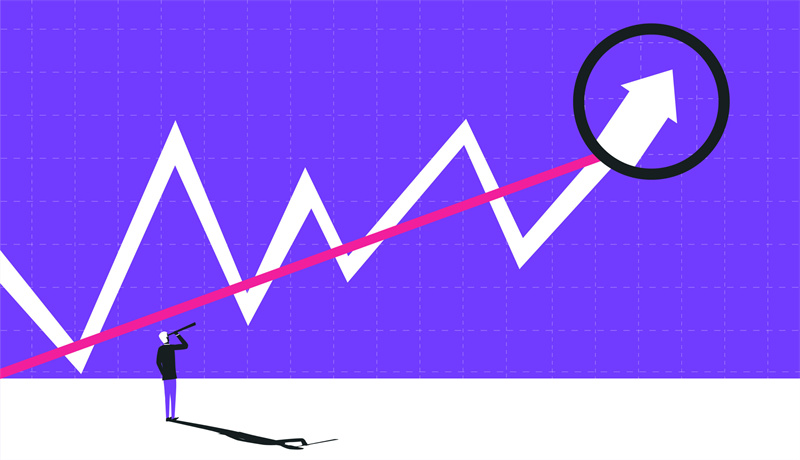Market volatility is a natural occurrence when it comes to trading, and the oil market is not an exception. In this article, we will delve into the consequences of market volatility on oil trading, including both the difficulties and possibilities that it brings.
By using the Oil Era platform such as Oil Profit app, traders can skillfully handle these fluctuations and capitalize on market conditions. We will also examine the methods that traders can utilize to minimize risks and maximize profits.
Navigation of Contents
Understanding Market Volatility
Market volatility is a measure of how much the value of an asset fluctuates within a particular timeframe. Several factors can affect market volatility, including economic events, geopolitical tensions, and imbalances in supply and demand. In the oil market, changes in production levels, decisions made by the Organization of the Petroleum Exporting Countries (OPEC), and global demand have a significant impact on the price of crude oil.
To make informed decisions when trading, it's crucial to keep an eye on these factors and understand the market's volatility. By doing so, traders can anticipate potential price changes and adjust their strategies accordingly. Keeping track of market volatility can help traders minimize risk and maximize their profits.
Impact of Volatility on Oil Trading
Market volatility can have both positive and negative impacts on oil trading. One of the positive aspects is that it can create opportunities for traders to earn profits. When the market experiences sudden price movements due to geopolitical tensions or supply disruptions, traders who correctly predict the direction of the price movement can purchase oil at a lower price and sell it at a higher price to make significant gains.
On the other hand, volatility can also lead to significant losses for unprepared traders. Those who do not implement effective risk management strategies may suffer substantial losses during periods of high volatility. This is because sudden price swings can make it difficult to accurately predict market trends, and traders who fail to adjust their positions accordingly may incur significant losses.
Therefore, it is crucial for traders to adopt risk management strategies that can help mitigate the impact of market volatility on their trading activities.
Risk Management Strategies
Traders have various risk management strategies at their disposal to reduce losses and increase profits during times of market volatility. Diversification is one of the most popular techniques. This method involves investing in different assets, including stocks, bonds, and commodities, to spread out risk and decrease exposure to a single asset.
Another effective strategy is to use stop-loss orders. A stop-loss order is a trading command that automatically exits a position when the asset's price reaches a predetermined level. This approach enables traders to limit their losses and safeguard their investments from abrupt price declines. By employing these strategies, traders can better manage the risks involved in their trading activities and potentially maximize their gains.
Trading Strategies for Volatile Markets
Traders can utilize various trading strategies to capitalize on market volatility. One such approach is known as trend trading, which involves identifying and following the trend of an asset's price movement. This can be achieved by using technical analysis tools such as moving averages and support and resistance levels to identify trends and enter trades accordingly.
Another trading strategy is to trade breakouts. A breakout happens when an asset's price breaks through a significant level of support or resistance. Traders can enter trades when a breakout occurs and aim to benefit from the momentum of the price movement. Both trend trading and breakout trading can be effective ways to profit in volatile market conditions.
Conclusion
Market volatility is an essential element that traders need to consider when dealing with the oil market. Volatility, which refers to the degree of price fluctuations, can present both lucrative trading opportunities and potential losses. To minimize the risks associated with market volatility, traders must develop effective risk management strategies and adapt to changing market conditions by employing suitable trading strategies.
Successful traders are those who recognize that market volatility is a critical factor and must be addressed with caution. Failure to manage market volatility can result in significant losses, which is why it's crucial to have a sound trading plan in place. Such a plan should include pre-defined risk management strategies, which traders can employ to minimize losses and maximize profits.

